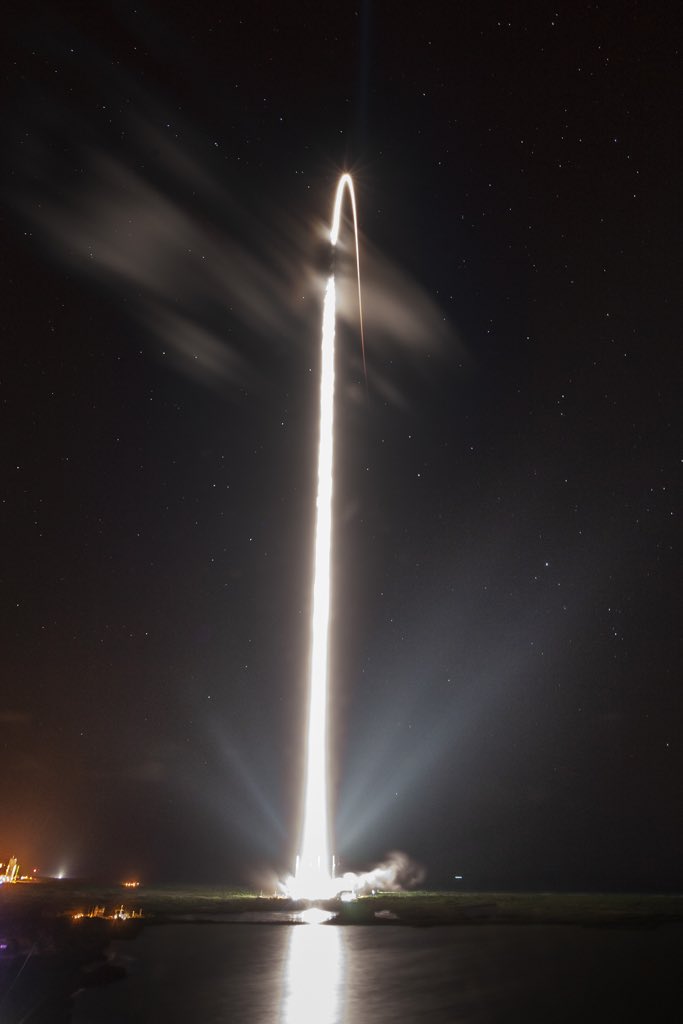SpaceX’s Starlink internet service has refused to comply with a Brazilian court order to block the social media platform X, formerly known as Twitter. This decision is the latest development in an ongoing legal dispute between X’s owner, Elon Musk, and Brazilian Supreme Court Justice Alexandre de Moraes.

According to Carlos Baigorri, the head of Brazil’s telecoms regulator Anatel, Starlink’s lawyers have informed the agency that they will not follow the court’s order. Baigorri shared this information with Justice Moraes, suggesting that he take appropriate action in response. Although Starlink’s lawyers have expressed their intention not to comply, Baigorri awaits formal confirmation of this stance.
If Starlink fails to comply with the court order, Anatel may revoke its license to operate in Brazil. This would theoretically prevent the company from offering internet services to Brazilian customers. However, since Starlink provides its services directly to users, it might attempt to continue operating in Brazil without a license, violating local laws.
The current situation arises from a series of events that began when X refused to comply with court orders to block specific accounts. As a result, the company was fined over $3 million, and its bank accounts were frozen last month in an effort to collect these fines. Starlink, being a subsidiary of SpaceX, which is also led by Elon Musk, has stated that it will not block X until its bank accounts are unfrozen.
This standoff between Starlink and the Brazilian authorities has significant implications for the company’s operations in the country. If Anatel revokes Starlink’s license, the company may face legal consequences for continuing to offer services without permission. On the other hand, complying with the court order to block X could damage Starlink’s reputation and relationships with its users.
The dispute highlights the complexities of regulating internet services and social media platforms in different countries. As companies like Starlink and X operate globally, they must navigate various legal frameworks and court orders, which can sometimes lead to conflicts like the one in Brazil.
In summary, SpaceX’s Starlink internet service has refused to comply with a Brazilian court order to block the social media platform X, citing frozen bank accounts as the reason. This decision may lead to a revocation of Starlink’s license to operate in Brazil, potentially causing the company to violate local laws if it continues to offer services without permission. The situation underscores the challenges of regulating global internet services and social media platforms.
